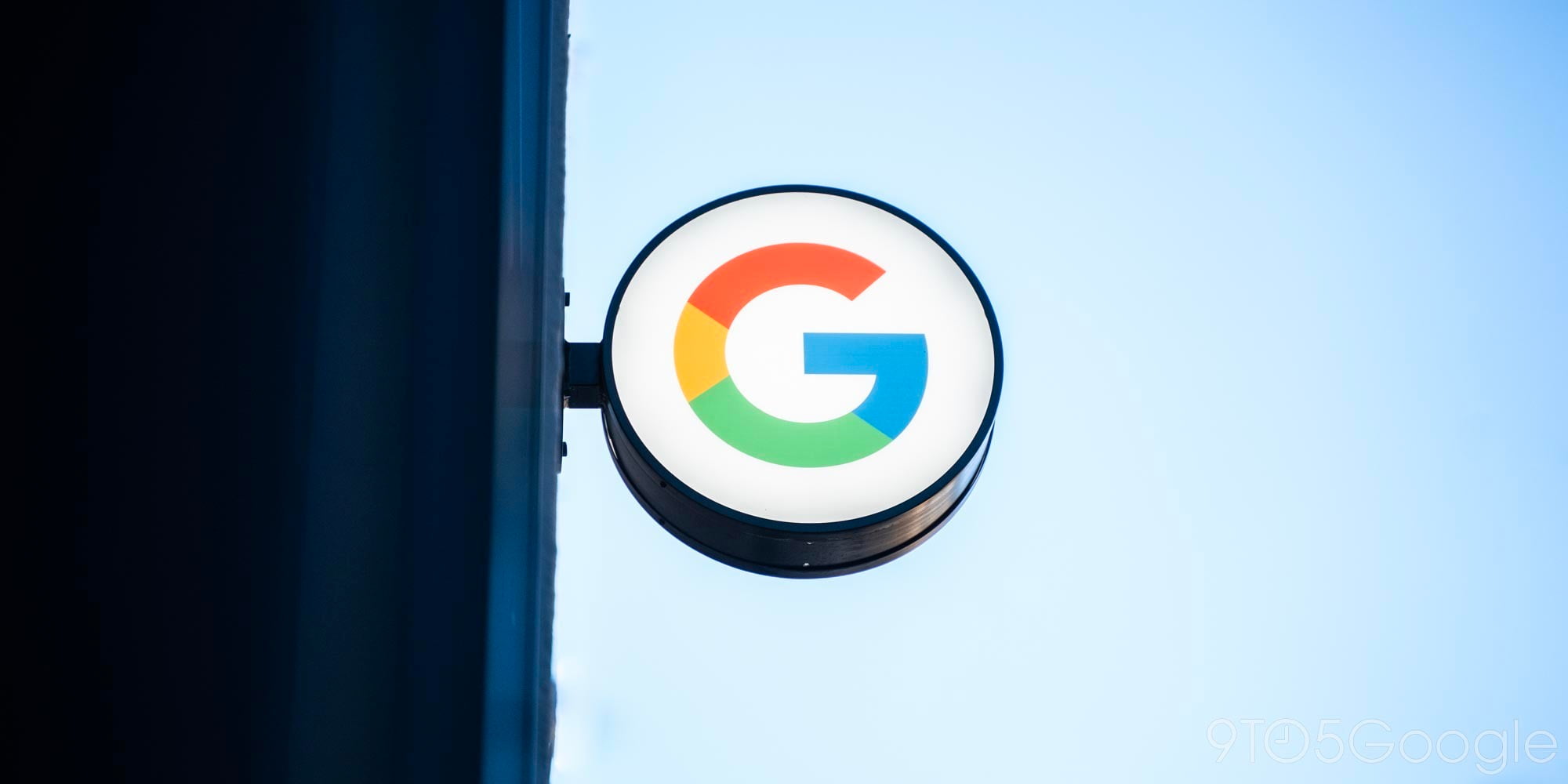
Google Stadia is set to launch in about a month at this point and we’re still learning what Google has planned post-launch. According to a Stadia VP, Google’s service will eventually be “faster” than a traditional gaming console by predicting button presses.
Speaking to Edge magazine (via PCGamesN), Stadia’s VP of engineering Madj Bakar made an interesting claim regarding the platform. He believes that in “a year or two” Stadia will actually be faster than a traditional gaming console when it comes to input. Due to the nature of the technology, Stadia currently has to compensate for input lag that traditional consoles don’t have to worry about. Bakar says:
Ultimately, we think in a year or two we’ll have games that are running faster and feel more responsive in the cloud than they do locally, regardless of how powerful the local machine is.
Apparently, Google plans to accomplish this using “negative latency.” This technology would see Google Stadia predicting player actions or button presses.
For obvious reasons, the idea of this could be a bit concerning. While predicting button presses with certainty could assist players in some instances, Google Stadia predicting actions at all times could be a hindrance worse than input lag. MSPowerUser notes that fighting games especially could be affected negatively by this sort of technology.
Beyond predicting button presses, the interview reveals that Google will also be using adaptive frame rates to improve latency issues. Notably, this information was also mentioned in a previous interview.
All of these measures to avoid problems caused by streaming games may sound like huge negatives, but based on early player tests, it seems like they won’t be deal-breakers by any means. Plus, the predictive actions teased in this interview aren’t a part of the platform yet, so Google has plenty of time to see if the idea would even work.
More on Google Stadia:
- Google Stadia: Here’s every game we’re expecting when it launches next month
- ‘Red Dead Redemption 2’ confirmed for Google Stadia ‘at launch,’ following debut on PC
- ‘DOOM: Eternal’ delayed to March 2020, missing Google Stadia’s November launch
FTC: We use income earning auto affiliate links. More.


Comments